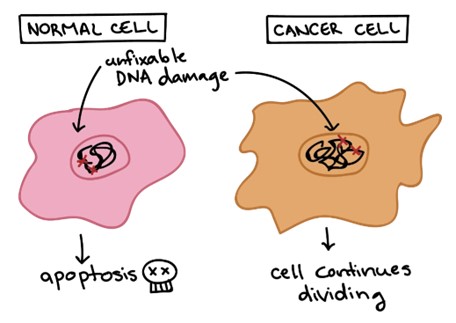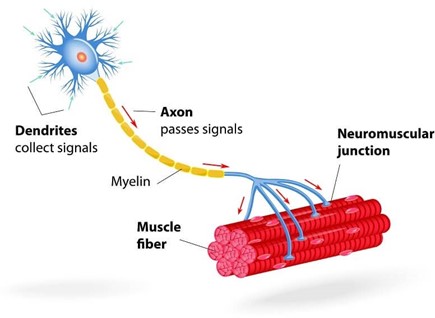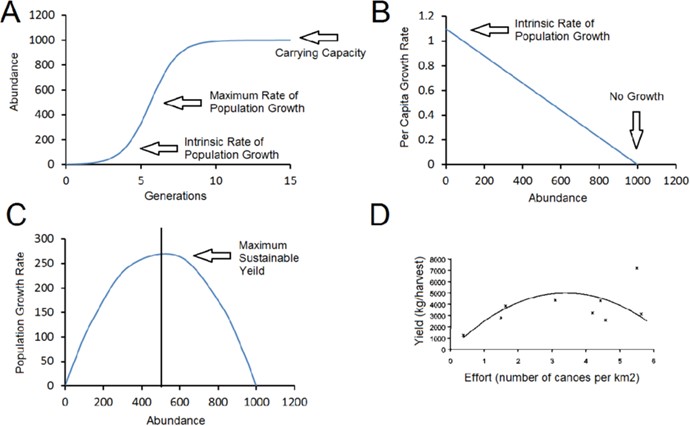Which of the following describes a genetic mutation that results in uncontrolled division of a single cell within the body?
Cancer
Gene therapy
Stem cell
Translation
The Correct Answer is A
A genetic mutation that results in the uncontrolled division of a single cell within the body describes cancer. Cancer is a disease of uncontrolled cell division. Its development and progression are usually linked to a series of changes in the activity of cell cycle regulators. In most cases, these changes in activity are due to mutations in the genes that encode cell cycle regulator proteins.
The other options are not correct because they do not accurately describe a genetic mutation that results in the uncontrolled division of a single cell within the body. Gene therapy, stem cells, and translation are not processes that result in uncontrolled cell division.

Nursing Test Bank
Naxlex Comprehensive Predictor Exams
Related Questions
Correct Answer is A
Explanation
An efferent neuron that is responsible for releasing a neurotransmitter that stimulates a muscle cell to contract is a motor neuron ². Motor neurons carry signals from the brain to the peripheral nervous system in order to initiate an action ⁴. The neurotransmitter acetylcholine (ACh) is released by motor neurons at the neuromuscular junction in skeletal muscle, causing the muscle to contract ³.
The other options are not correct because they do not accurately describe the type of neuron responsible for releasing a neurotransmitter that stimulates a muscle cell to contract. Interneurons are found within the central nervous system and facilitate communication between sensory and motor neurons. Sensory neurons carry information from sensory receptors to the central nervous system. Neuroglia are support cells for neurons and do not transmit nerve impulses.

Correct Answer is A
Explanation
A population is said to be at its carrying capacity when it has reached the maximum number of individuals that can be sustained in a particular environment over a prolonged period of time, given the available resources and the prevailing environmental conditions.
In other words, carrying capacity refers to the maximum population size that a given ecosystem can support without being depleted of resources or experiencing environmental degradation. Once a population reaches its carrying capacity, its growth rate slows down and stabilizes, as individuals start to compete more intensely for resources such as food, water, and shelter, and mortality rates increase.
Carrying capacity is an important concept in ecology and population biology because it helps to explain the dynamics of natural populations and how they are influenced by changes in the environment, such as climate change, habitat loss, and human activities.

Whether you are a student looking to ace your exams or a practicing nurse seeking to enhance your expertise , our nursing education contents will empower you with the confidence and competence to make a difference in the lives of patients and become a respected leader in the healthcare field.
Visit Naxlex, invest in your future and unlock endless possibilities with our unparalleled nursing education contents today
Report Wrong Answer on the Current Question
Do you disagree with the answer? If yes, what is your expected answer? Explain.
Kindly be descriptive with the issue you are facing.
